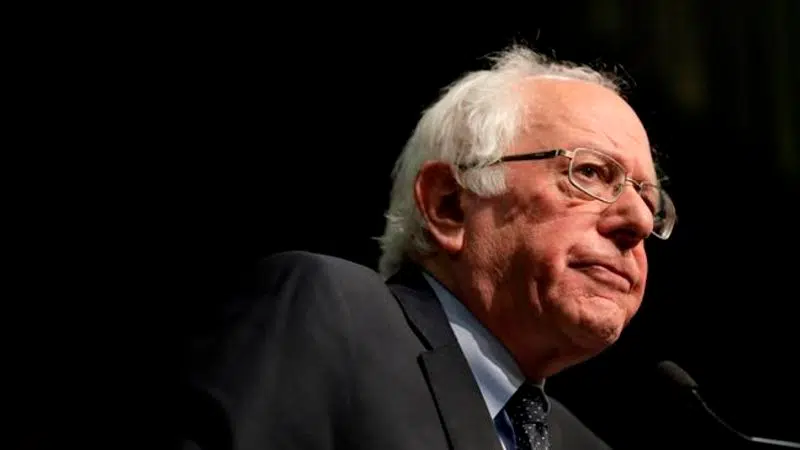
Sanders quiets his critics as he becomes a 2020 front-runner
DAVENPORT, Iowa — Vermont Sen. Bernie Sanders is quieting critics who questioned whether he could recapture the energy of his upstart 2016 campaign, surpassing his rivals in early fundraising and establishing himself as an indisputable front-runner for the Democratic presidential nomination.
Less than two months into his second White House bid , no other declared candidate in the crowded Democratic field currently has amassed so many advantages: a $28 million war chest, a loyal and enthusiastic voter base and a set of clearly defined policy objectives.
That puts Sanders on markedly different footing than during his first White House run, creating new challenges for a candidate whose supporters relish his role as an underdog and an outsider. He now carries the weight of high expectations and will face heightened scrutiny over everything from the cost and feasibility of his government-funded policy proposals to his tax returns, which he has not yet released. He initially blamed “mechanical issues” for the delay, and his campaign now says he wants to wait until after the April 15 tax filing deadline to fulfil his promise to release a decade worth of returns .
